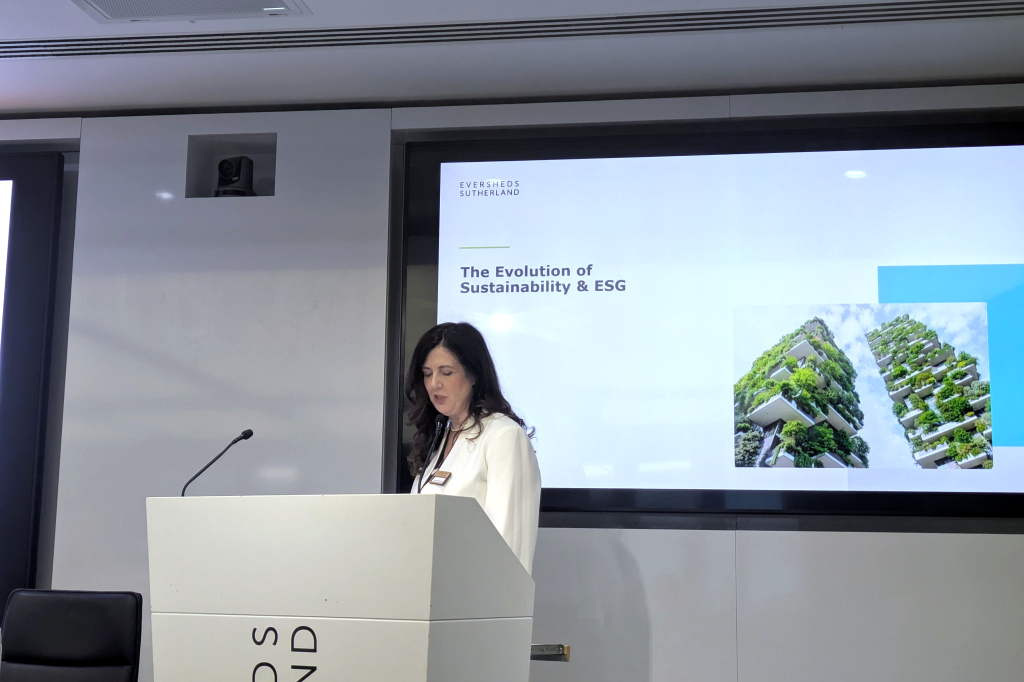Neobanks are at risk of becoming a common tool in future criminal activity, according to a new report by Swedish authorities.
One reason identified in the report, National risk assessment 2023/2024 – Neobanks, is the fact that neobanks – completely digital banks – only use digital and rapid customer recognition
Annie Frohm, chair
Register for free to keep reading
To continue reading this article and unlock full access to GRIP, register now. You’ll enjoy free access to all content until our subscription service launches in early 2026.
- Unlimited access to industry insights
- Stay on top of key rules and regulatory changes with our Rules Navigator
- Ad-free experience with no distractions
- Regular podcasts from trusted external experts
- Fresh compliance and regulatory content every day


![What [the heck] is going on with vaccine policy in America?](https://www.grip.globalrelay.com/wp-content/uploads/2026/02/G-Vaccine-signage-2259640793.jpg?w=1024)










